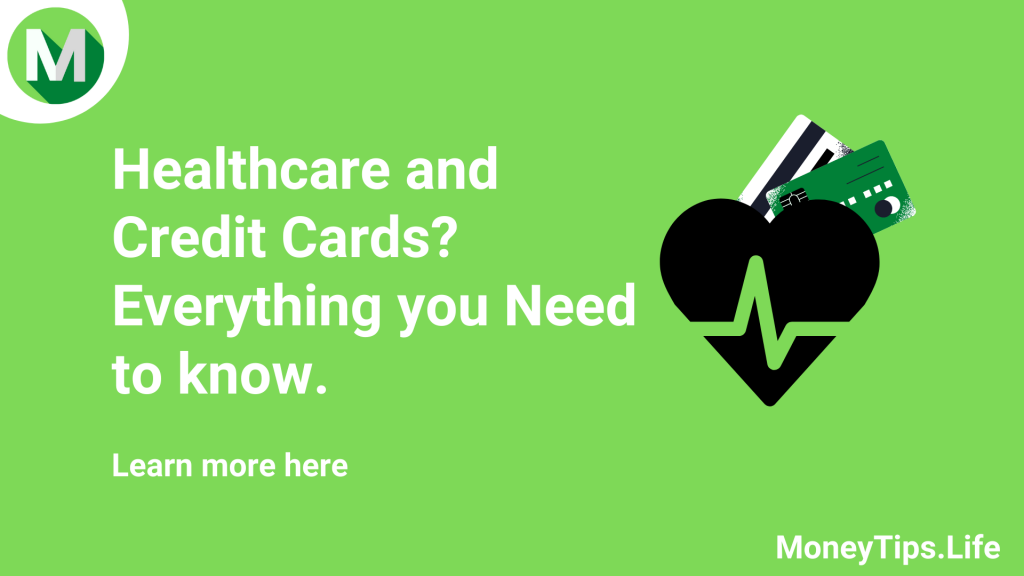Credit cards are a wonderful resource for many families. They allow people to buy essential items and pay them off later. If used wisely, they can also help build credit.
Though they’re an asset, it’s important to know when to use credit cards. In some situations, they put you at risk for a serious amount of debt.
Many people use credit cards to pay their medical bills. Though this makes sense on the surface, it can be dangerous. It’s important to know the facts before you use a card for medical bills.
Can I Pay for Health Care with Credit Cards?
It’s certainly possible to pay for healthcare with a credit card. In fact, many people do this at one time or another. However, it isn’t necessarily wise.
Health care is often a significant expense. Even when you have insurance, costs can be extremely high. This means that costs and interest can add up quickly.
Credit card companies are a business with the goal of making money. Many are not understanding if you miss payments. This can lead to excessive fees, rising interest, and financial hardship.
The best way to pay medical bills is payment plan from your provider. Many medical establishments can work with your budget and needs. As long as you have a payment plan, you can avoid more fees.
If it’s possible to pay in installments through your provider, do it. Direct installments often don’t accrue interest or fees. They’ll also keep you current and build credit.
For manageable medical bills, however, a credit card payment may be beneficial. This is because you can get rewards and cash back. Only do this if you know you can pay before interest accrues.
Are Their Credit Cards Just for Health Care?
There are certain credit cards created for making health care payments. In fact, these cards can only be used for medical bills. Generally, they function like regular credit cards.
With a medical credit card, you still have to pay on time. You can be denied for bad credit, and interest will accrue. Just as with other credit cards, it’s easy to fall into debt.
Medical cards can be beneficial in some situations. Some medical cards have low interest rates or 0% APR to start. This can help you pay bills easily and without interest.
The better your credit score, the better your options will be. Some cards have 24 months zero interest for high credit score applicants.
To apply for a medical credit card, find one that suits your needs. There are many different options tailored to different lifestyles. The application process is usually the same as a regular credit card.
Benefits of Using a Credit Card for Medical Bills

As mentioned, there are some benefits to paying medical bills with a card:
- Large charges yield large points and rewards.
- If you pay on time, you can improve your credit score.
- You don’t have to deal with medical financing departments.
Only use a credit card for health care if you can pay in full. If you are struggling, use the clinic or hospital financing option.
Can Medical Debt Affect Credit?
Keeping your payments through the hospital or clinic is an advantage. Medical establishments don’t report to credit agencies until they initiate collections. Minimally late payments won’t affect you until a collection agency is involved.
It’s a different story if you use a credit card. Once you owe money to a credit company, your score will fluctuate.
This is a disadvantage of using a credit card for medical bills. Even day-late payments can affect your credit score. If you finance through the hospital, your score won’t likely be affected.
If your bill is small, using a credit card can improve your score. However, that’s only if you pay in full. If your bill is unmanageable, using a card will likely hurt your score.
Your decision to use a credit card should depend on your situation. Be cautious and do your research before making any charges.
